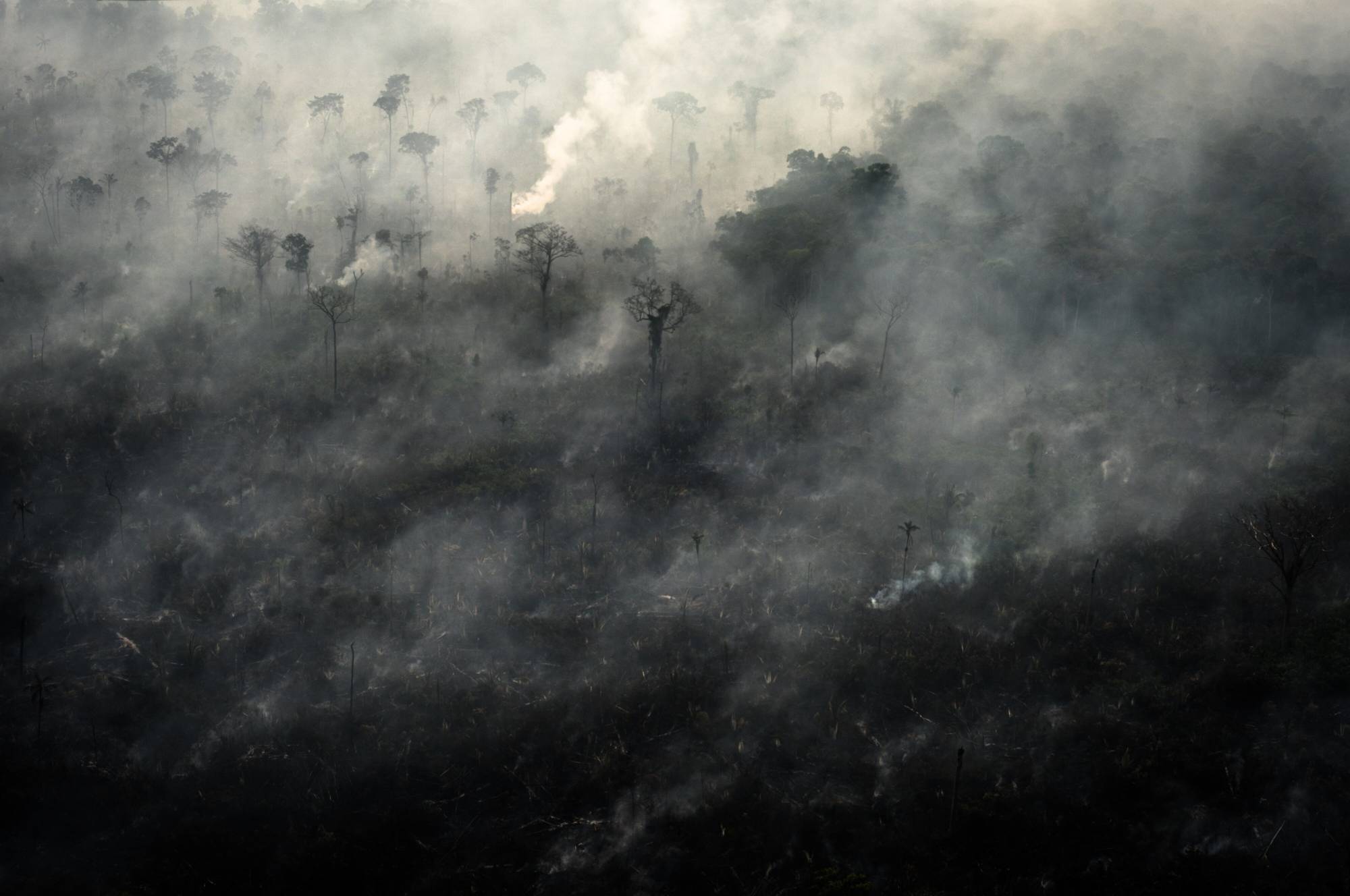A team of Earth scientists first introduced the concept "planetary boundaries” almost 15 years ago to identify major Earth systems that were at risk of instability because of human activity. They looked at systems including the climate, biodiversity and fresh water to determine the limits of what they called a "safe operating space” for civilization. But they stopped short of analyzing how busting past these limits might harm people, particularly the poor and vulnerable.
A major update, published this week in the journal Nature, does just that, describing just how much punishment nature can absorb before turning on us. Seven of the eight global boundaries have already been surpassed by humans, the authors found.
The researchers offer their new work in the hope that business and governments will develop tools to align their practices with science-set thresholds.

















With your current subscription plan you can comment on stories. However, before writing your first comment, please create a display name in the Profile section of your subscriber account page.